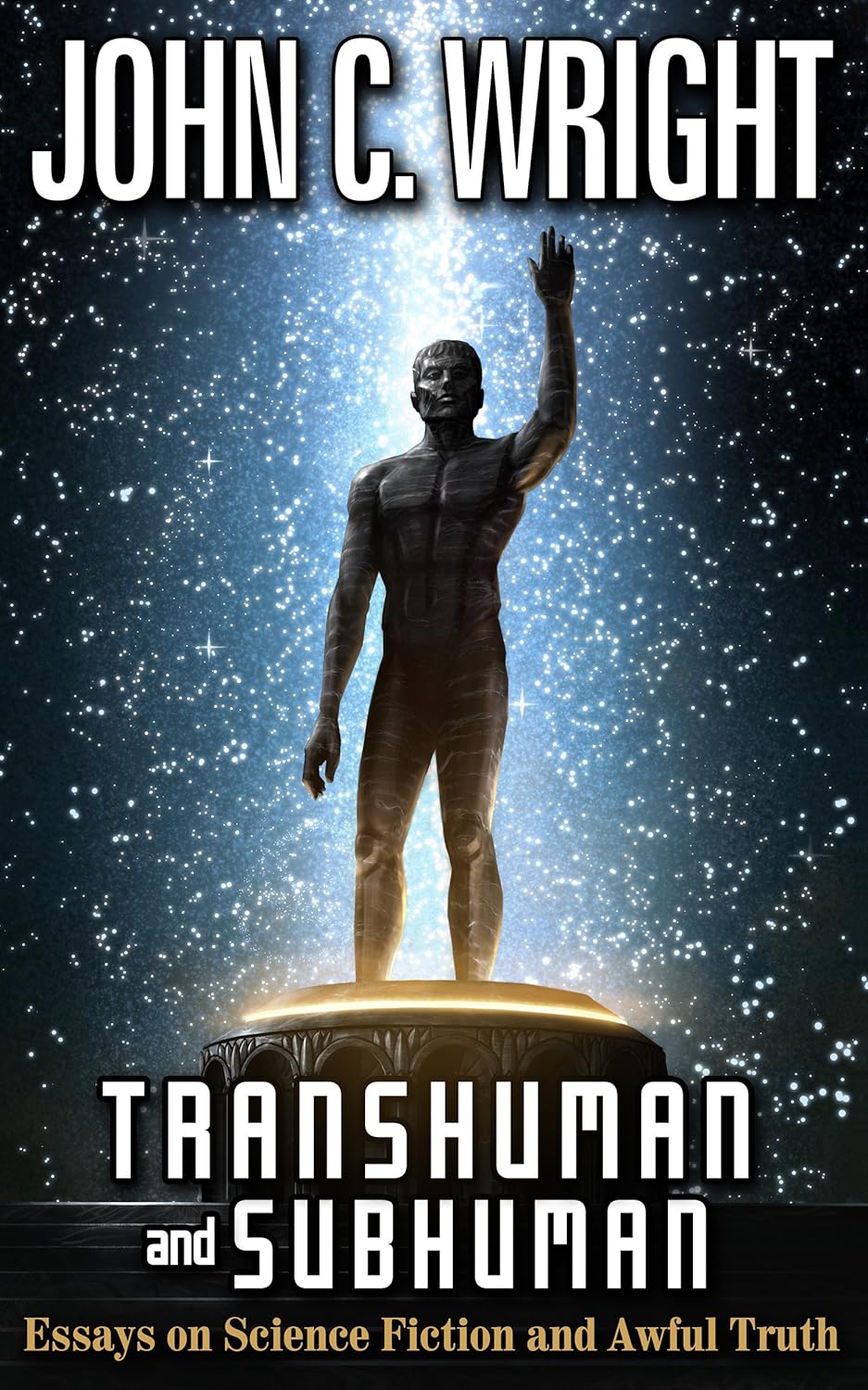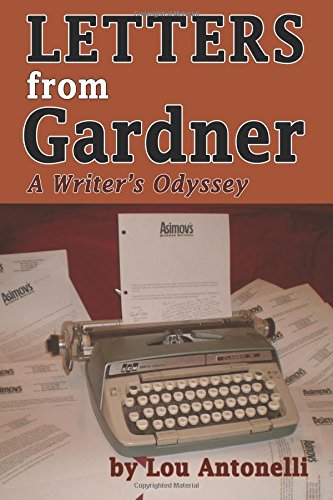Today the short-list of nominations for the 2015 Hugo Awards was announced. I am proud to have an article nominated in the Best Related Work category. I am thankful for the selection and humbled by the support of the voters.
I am rather proud of the nominated work - Why Science is Never Settled (on the Baen.com website, and available in their Free Library in the Free Nonfiction 2014 collection). Note that this is a two-part article the link above takes you to Part 1 - Part 2 is here.
I am proud of it because I didn't set out to trash any specific concept, but shine a light on how science works (how it should work) and what happens when that goes wrong. Scientific inquiry is a method, a process, and a journey. It changes constantly as new facts and phenomena are revealed.
As for it being a worthy nomination, I am glad that some voters thought so. I received a few nominations last year for A Terrible Thing to Lose - which was both an examination of John Ringo's zombie apocalypse thriller while also being an examination of the zombie theme and a look at real science behind the zombie genre.
That's what I try to do - bring real science into the field of science fiction and fantasy. My personal favorite article was the first I wrote for Baen - Putting the Science in Science Fiction - where I examined the two-way relationship between science and SF. There is much of current science that seems like (and was inspired by) science fiction, and so many sources for science fiction are found in cutting-edge science. Personally, the passion of my research career has been shaped by SF - whether it is the 32 years of physiology & pharmacology, the 13 years of neural prosthetics research, or the brand new direction of investigating brain effects of space radiation. I continue to read SF, write SF, and *do* SF in my day job.
But I am not alone in my nomination, there are other worthy works right up there with me:

Michael Z. Williamson's Wisdom From My Internet is a collection of funny, snarky and pithy emails, tweets and facebook posts. Mike oscillates between cynical, irreverent and just plain funny - and that's in real life. His science fiction is rollicking fun, his observations on the digital age of social media are no less so.

John C. Wright's Transhuman and Subhuman: Essays on Science Fiction and Awful Truth is an astounding collection of essays. If you have not read Wright's fiction, please do so. He crafts words into images and scenes like a Master. His nonfiction is no less compelling, and I urge everyone to at least sample his work.

Lou Antonelli's Letters from Gardner: A Writer's Odyssey chronicles an SF author's quest to be published. Part anthology of short fiction, part history, part writer's guide, Antonelli leads readers through the process, the highs, the lows (the rewrites) of a developing writer. It is a worthy Best Related contribution to SF's highest literary award.

Ken Burnside's The Hot Equations: Thermodynamics and Military SF is one of the essays that complete the anthology Riding the Red Horse. This is an ABSOLUTELY ESSENTIAL reading if you are writing fiction that involves spacecraft, aircraft, rockets, missiles, bombs, ballistics - anything that relies on Newton's laws. Burnside writes in an easily understood manner, and it doesn't matter if you are neither writing nor a fan of military SF, it's still an excellent guide.
[By the way, when reading Riding the Red Horse, you may come across a familiar name. It's my first foray into fiction, I hope y'all like it!]
So, that's the short-list for Best Related Work. There's some really good stuff in there, and frankly, I need to reread some of it myself. I congratulate all of my fellow nominees, and will cheer on with pride whomever wins this category.
Finally, I want to thank my editors: Toni Weisskopf and Tony Daniel at Baen. As long as they keep requesting - and the readers keep reading - I will gladly keep writing about the SCIENCE of science fiction.


No comments:
Post a Comment
Please add comment - no links, spammers will be banned.